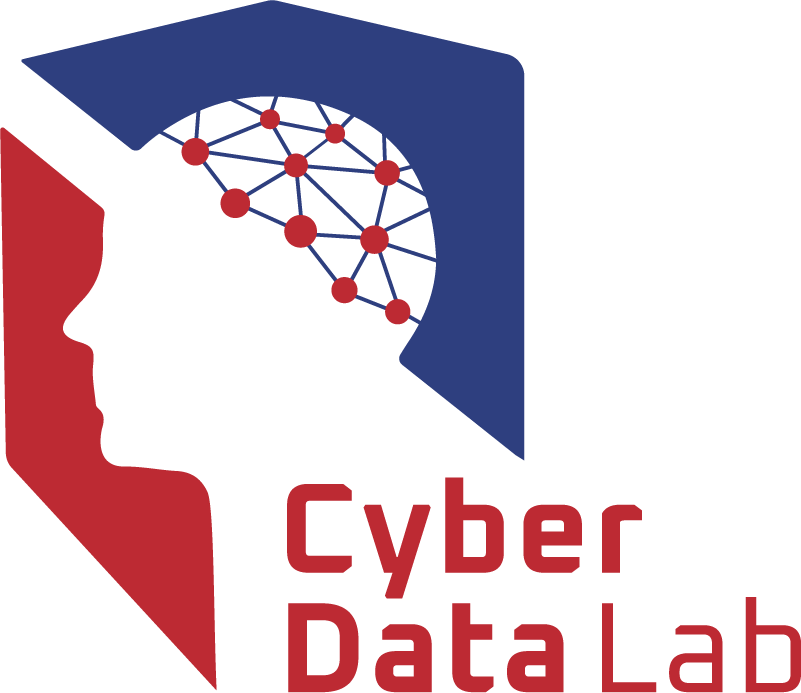Works/Projects
Researchers
Students

NEBULA is a cutting-edge platform facilitating the training of federated models across both centralized and decentralized architectures. It streamlines the development, deployment, and management of federated applications on physical and virtualized devices.
Core Architecture
- Frontend: An intuitive user interface for configuring experiments and monitoring their progress.
- Controller: An orchestrator ensuring efficient management of operations.
- Core: The fundamental component deployed on each device to execute federated learning processes.
Key Features
- Decentralization: Train models without a central server, leveraging decentralized federated learning.
- Privacy-Preserving: Maintain data privacy by training on-device and sharing only model updates.
- Trustworthiness: Ensure the integrity of the learning process by verifying federation reliability.
- Blockchain Integration: Supports blockchain technologies for enhanced security and transparency.
- Security: Robust security mechanisms to protect data and models.
- Topology-Agnostic: Supports various network topologies, including star, ring, and mesh.
- Model-Agnostic: Compatible with a wide range of machine learning algorithms, from deep learning to traditional methods.
- Network Communication: Secure and efficient device communication with features like compression, network failure tolerance, and condition simulation.
- Real-Time Monitoring: Provides live performance metrics and visualizations during the learning process.
NEBULA is developed by Enrique Tomás Martínez Beltrán, Alberto Huertas Celdrán, Alejandro Avilés Serrano, and Fernando Torres Vega in collaboration with the University of Murcia, Armasuisse, and the University of Zurich.
For the complete list of contributors, please visit the contributors page.
NEBULA in Action
Watch our videos to learn more about NEBULA
NEBULA Services
Functionalities and services
Federated Learning
Train machine learning models across multiple devices without the need to share the data. This is achieved through the use of a decentralized approach that allows the devices to collaboratively learn a shared model while keeping all the training data on the device.
Scenario Definition
Define the training scenario by specifying the dataset, the model, the learning algorithm, and the communication topology. The platform provides a range of options to customize the training process and experiment with different configurations.
Security and Trustworthiness
Ensure the security and trustworthiness of the training process by implementing a range of security mechanisms. These include secure communication protocols, reputation systems, and blockchain integration to enhance transparency and accountability.
Monitoring and Analysis
Maintain a real-time overview of the training process and the performance of the federated models. The platform provides a range of monitoring and analysis tools to help users track the progress of their experiments and make informed decisions.
NEBULA Applications
Scenarios and use cases
Healthcare
Decentralized model training on patient data, ensuring privacy.
Industry 4.0
Real-time data processing and predictive maintenance in industrial IoT.
Mobile Services
On-device machine learning for personalized mobile experiences.
Military
Secure model training on sensitive military data.






